39 describe relevant labels related to intelligence testing
Chapter 10 - AP Psychology - Google • Describe relevant labels related to intelligence testing (e.g., gifted, cognitively disabled). • Debate the appropriate testing practices, particularly in relation to culture-fair test uses. •... Types of Intelligence Testing for Children - Verywell Family What Is Intelligence Testing? Intelligence involves the ability to think, solve problems, analyze situations, and understand social values, customs, and norms. Intelligence testing is the estimation of a student's current intellectual functioning. It requires them to perform various tasks designed to assess different types of reasoning.
AP Psych | Unit 11 Describe relevant labels related to intelligence testing (e g , gifted, cognitively disabled) Debate the appropriate testing practices, particularly in relation to culture-fair test uses Identify key contributors in intelligence research and testing (e g , Alfred Binet, Francis Galton, Howard Gardner, Charles Spearman, Robert Sternberg, Louis Terman, David Wechsler)
Describe relevant labels related to intelligence testing
Intelligence Test: Types and Uses | Individual - Psychology Discussion He may assemble certain disintegrated parts to form full designs or pictures. No language is used here. Instructions also can be had through demonstration or action. A number of performance tests have been prepared. The most important are: 1. Alexander's Pass-a-long test. 2. Koh's Block Design test. 3. Collin and Drever's Performance Tests. 4. Intelligence Theories and Testing - 929 Words | Essay Example - Free Essays 45) laments that intelligence is "mental activity directed toward purposive adaptation to, selection and shaping of, real-world environments relevant to one's life". Multiple intelligence theory, postulated by Howard Gardner, ignores the test score analysis subscribing eight intelligences laid on the foundation of abilities and skills ... Alfred Binet and the History of IQ Testing - Verywell Mind Interest in intelligence dates back to more than a century ago. But it wasn't until psychologist Alfred Binet was asked to identify which students needed educational assistance that the first intelligence quotient (IQ) test was born. Although it has its limitations, Binet's IQ test is well-known around the world as a way to assess and compare ...
Describe relevant labels related to intelligence testing. intelligence test | Definition, Types, History, & Facts | Britannica intelligence test, series of tasks designed to measure the capacity to make abstractions, to learn, and to deal with novel situations. The most widely used intelligence tests include the Stanford-Binet Intelligence Scale and the Wechsler scales. The Stanford-Binet is the American adaptation of the original French Binet-Simon intelligence test; it was first introduced in 1916 by Lewis Terman, a ... Intelligent Testing | Psychology Today Most intelligence researchers are actually pretty nice, sensitive individuals who sincerely want to help the welfare of children. They want to create tests that help teachers identify students... Intelligence and Testing - Mr Dunn's Class Website • Interpret the meaning of scores in terms of the normal curve. • Describe relevant labels related to intelligence testing (e.g., gifted, cognitively disabled). • Debate the appropriate testing practices, particularly in relation to culture-fair test uses. • Identify key contributors in intelligence research and testing (e.g., Alfred Binet, What Is in a Name? A Historical Review of Intelligence Test Score Labels Abstract. Labels for scores stemming from intelligence tests have been employed since their inception in the United States. The purpose of this study was to systematically identify and document ...
PDF Testing and Intelligence - D. Fry Science • Describe relevant labels related to intelligence testing (e.g., gifted, cognitively disabled). • Debate the appropriate testing practices, particularly in relation to culture-fair test uses. • Identify key contributors in intelligence research and testing (e.g., Alfred Binet, Francis Galton, Howard Gardner, Charles Spearman, Robert Full article: Intelligence Testing - ResearchGate Intelligence testing is a collection of tasks designed to measure cognitive capacities such as abstract reasoning, ability to solve problems and ability to acquire knowledge, which may be the... The Disadvantages of Intelligence Testing - Synonym Intelligence tests are designed to measure mental capacity, function and intellectual skills such as reasoning and understanding. For years, intelligence test results have been used in diagnoses, to make decisions about educational placement and to quantify how "smart" someone is. However, even when ... Are Intelligence Tests Biased? Essentially, the concept of intelligence, as well as IQ tests, is still rather controversial in scholarly spheres. Some argue that IQ tests are unreliable, culturally biased, and even unethical, while some see that bias as valuable data suggestive of specific cultural conditions. [1] "The IQ Test Wars: Why Screening for Intelligence Is Still ...
Intelligence Testing - an overview | ScienceDirect Topics Intelligence testing refers to the theory and practice of measuring people's performance on various diagnostic instruments (intelligence tests) as a tool for predicting future behavior and life prospects or as a tool for identifying interventions (e.g., educational programs). The interchangeability of 'intelligence' and 'IQ' in popular parlance creates an ambiguity, with IQ referring sometimes to a score on a test and sometimes to the characteristic (intelligence) that is the ... The Ethics of IQ Testing and the Advent of "Intelligent Testing" Etiquette plays a large role - the psychometrist needs to respect their client and establish an atmosphere of trust before testing commences. They will take note of any distractions or peculiarities on the test day, obtain all the relevant informed consent and make sure their client's questions are answered before and after testing. Intelligence: Definition, Theories & Testing - Simply Psychology The Wechsler Intelligence Scale for Children (WISC), developed by David Wechsler, is an IQ test designed to measure intelligence and cognitive ability in children between the ages of 6 and 16. It is currently in its fourth edition (WISC-V) released in 2014 by Pearson. Above Image: WISC-IV Sample Test Question. Intelligence - PMC - PubMed Central (PMC) Intelligence is the ability to learn from experience and to adapt to, shape, and select environments. Intelligence as measured by (raw scores on) conventional standardized tests varies across the lifespan, and also across generations. Intelligence can be understood in part in terms of the biology of the brain—especially with regard to the ...
What Is in a Name? A Historical Review of Intelligence Test Score Labels Labels for scores stemming from intelligence tests have been employed since their inception in the United States. The purpose of this study was to systematically identify and document score labels for IQs used during the past 102 years. Using pairs of reviewers, score labels from 40 tests were reviewed, and 61 unique labels were identified.
Intelligence Testing Essays: Examples, Topics, Titles, & Outlines Intelligence Testing Intelligence and achievement are very different. Intelligence is a measure of one's aptitude, or ability, which is in essence a measure of potential. It is actually only a measure of potential in one skill area -- the cognitive. Intelligence testing is usually focused on things like problem solving and pattern recognition.
Chapter 8: Testing and Individual Differences - Quizlet Relevant labels of intelligence testing include those who are intellectually disabled, those who are intellectually gifted. Those who are intellectually gifted are those who have an intellectual ability higher than their average.
Intelligent intelligence testing - American Psychological Association Since the 1970s, intelligence researchers have been trying to preserve the usefulness of intelligence tests while addressing those concerns. They have done so in a number of ways, including updating the Wechsler Intelligence Scale for Children (WISC) and the Stanford-Binet Intelligence Scale so they better reflect the abilities of test-takers from diverse cultural and linguistic backgrounds.
The IQ test wars: why screening for intelligence is still so controversial Tests that purport to measure your intelligence can be verbal, meaning written, or non-verbal, focusing on abstract reasoning independent of reading and writing skills. First created more than...
Intelligence Tests: Types and Uses - Psychology Discussion Intelligence tests help in classifying individuals according to their mental makeup, e.g. in schools, teachers responsibility is to classify the students in his class as backward, average, bright or gifted, and thus arrange for homogenous grouping to provide proper educational opportunities. c. Use in assessment for promotion:
Intelligence Test & Types | What is an Intelligence Test? - Video ... Verbal intelligence: One's ability to understand and apply language skills such as vocabulary and reading comprehension. Numerical intelligence: An individual's ability to calculate. Spatial ...
Unit 5: Cognition - MrGalusha.org R. Describe relevant labels related to intelligence testing. S. Debate the appropriate testing practices, particularly in relation to culture-fair test uses. 5.11 Components of Language and Language Acquisition Concept Map for 5.11 Language Slides Secrets of the Wild Child Viewer's Guide
Unit 8: Intelligence and Testing - MrGalusha.org Essential Task 8-5: Describe relevant labels related to intelligence testing (e.g., gifted, cognitively disabled, savant).
Intelligence Tests: Definition, History and Uses | Statistics Uses of Intelligence Tests: (i) The classification of the students on the basis of intelligence test scores. (ii) Measurement of the learning readiness of students at different age levels. (iii) Selection of subjects, courses and careers. (iv) Diagnosis of reading inability and educational backwardness.
Concept of Intelligence - an overview | ScienceDirect Topics This is defined as intellectual performance, within a closed system, on academic tasks or on academic problems that have fixed goals, a fixed structure, and known elements, and is distinguished from social, everyday, successful, or practical intelligence. We use the term intelligence here to mean academic intelligence. View chapter Purchase book
Alfred Binet and the History of IQ Testing - Verywell Mind Interest in intelligence dates back to more than a century ago. But it wasn't until psychologist Alfred Binet was asked to identify which students needed educational assistance that the first intelligence quotient (IQ) test was born. Although it has its limitations, Binet's IQ test is well-known around the world as a way to assess and compare ...
Intelligence Theories and Testing - 929 Words | Essay Example - Free Essays 45) laments that intelligence is "mental activity directed toward purposive adaptation to, selection and shaping of, real-world environments relevant to one's life". Multiple intelligence theory, postulated by Howard Gardner, ignores the test score analysis subscribing eight intelligences laid on the foundation of abilities and skills ...
Intelligence Test: Types and Uses | Individual - Psychology Discussion He may assemble certain disintegrated parts to form full designs or pictures. No language is used here. Instructions also can be had through demonstration or action. A number of performance tests have been prepared. The most important are: 1. Alexander's Pass-a-long test. 2. Koh's Block Design test. 3. Collin and Drever's Performance Tests. 4.


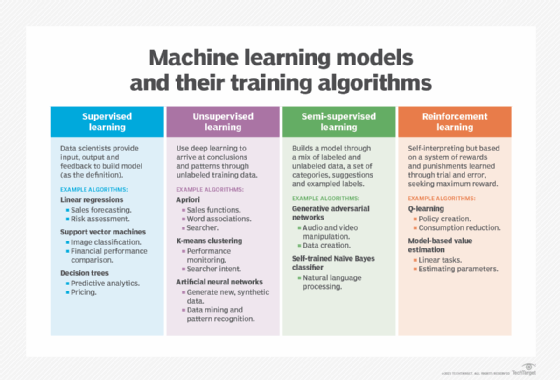
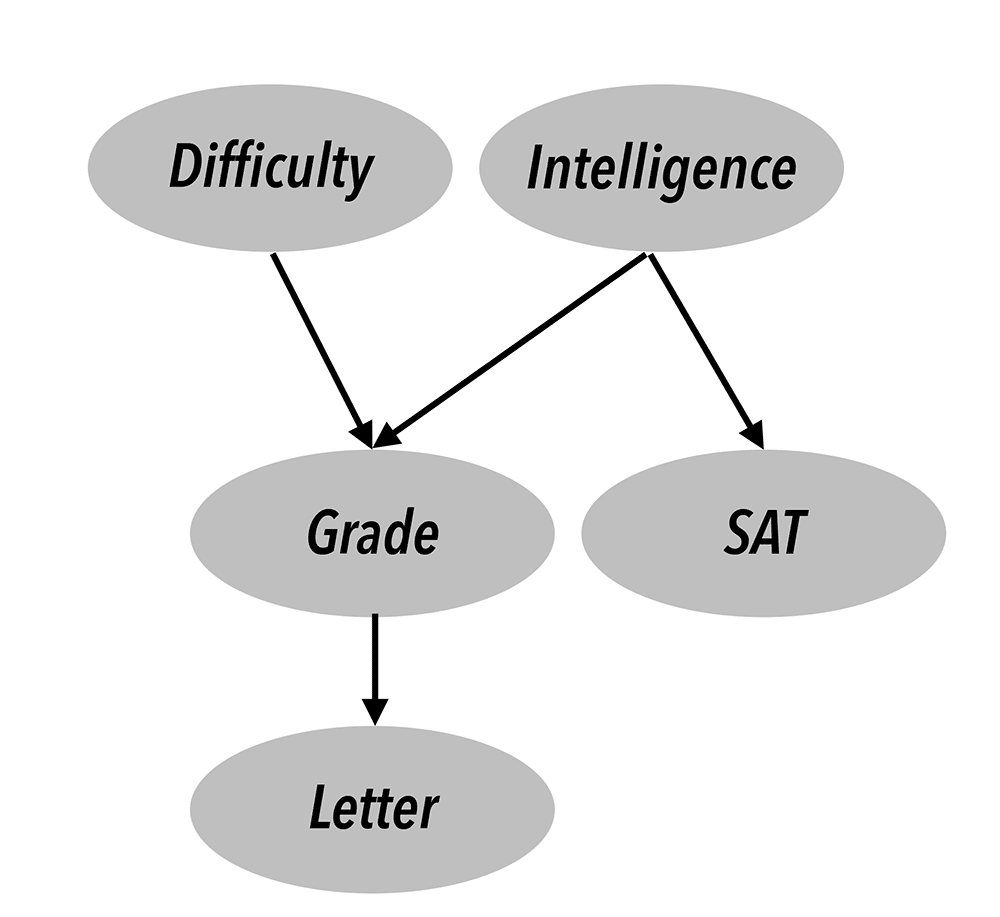
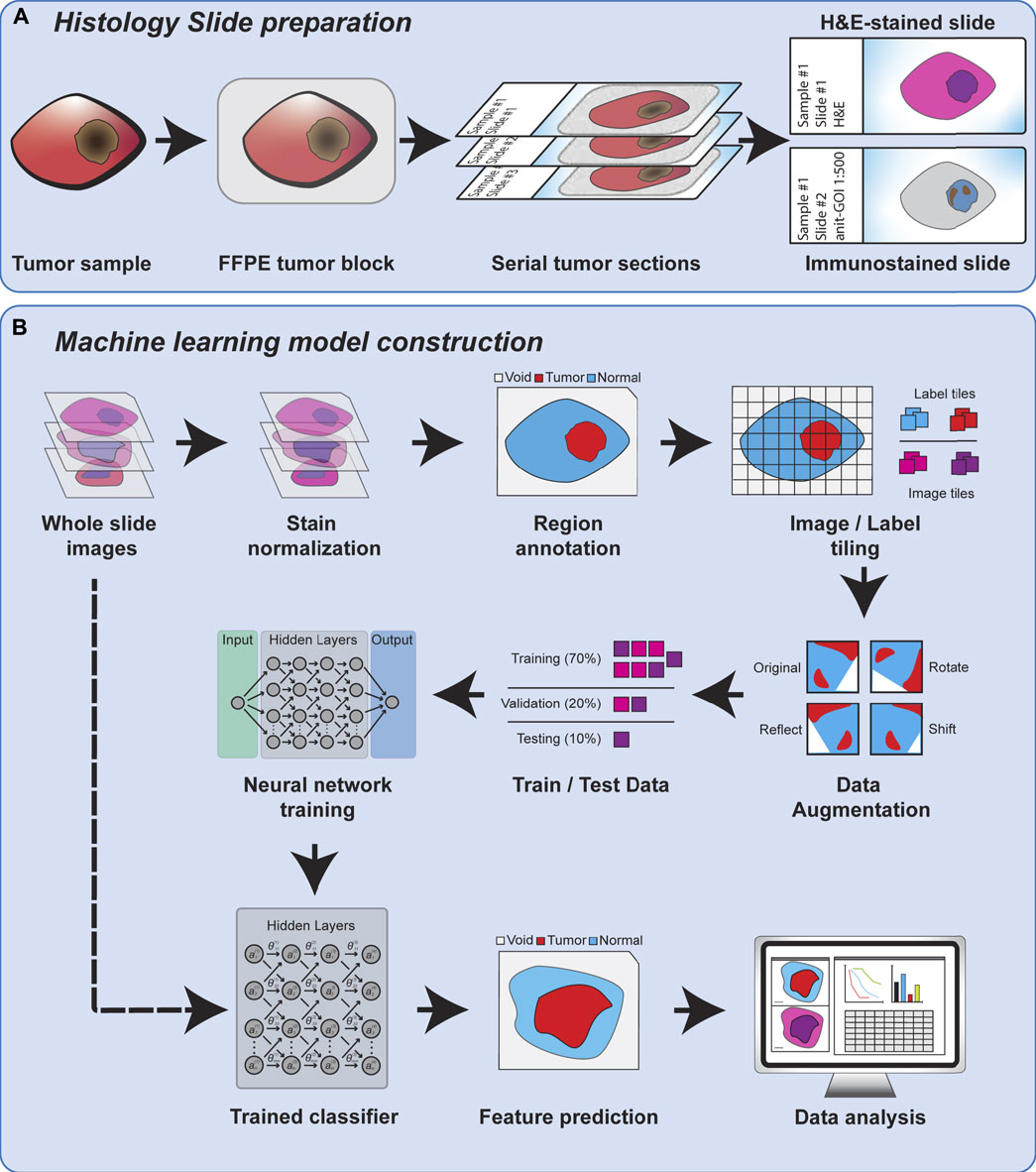
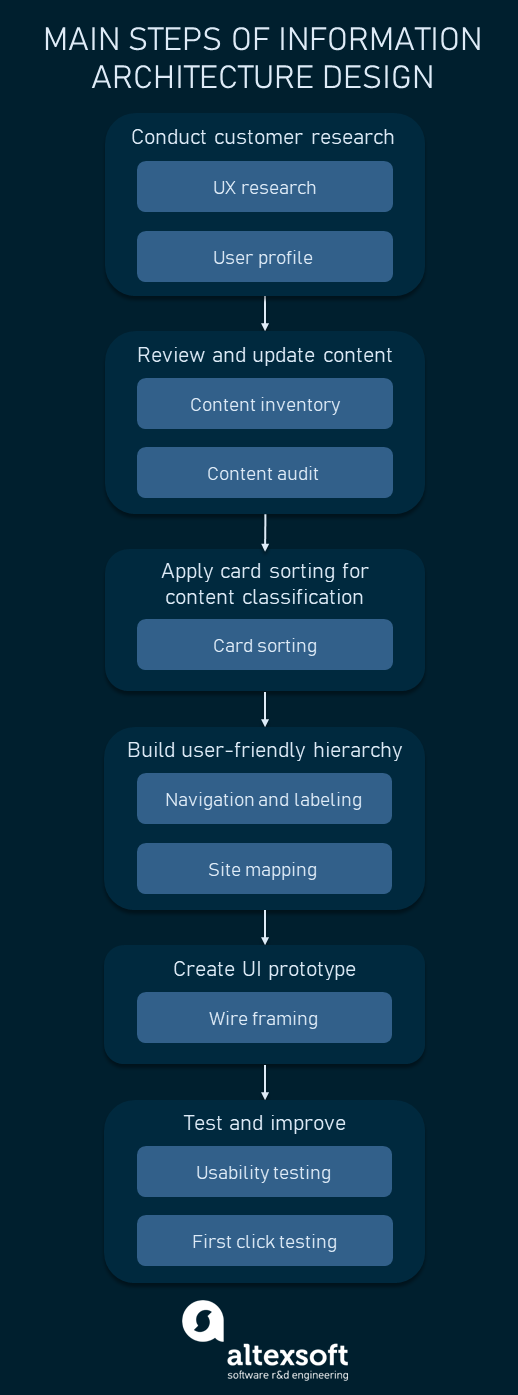




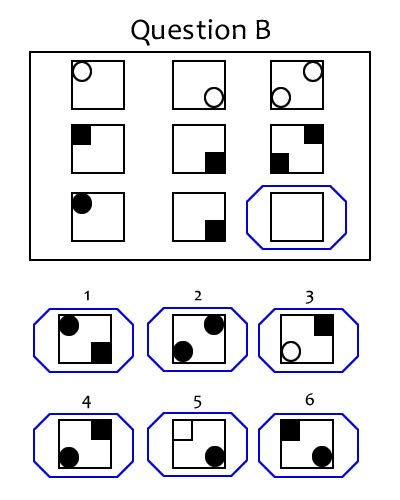



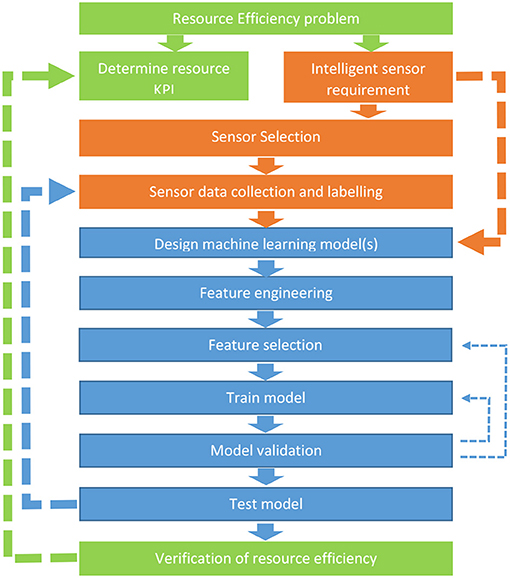

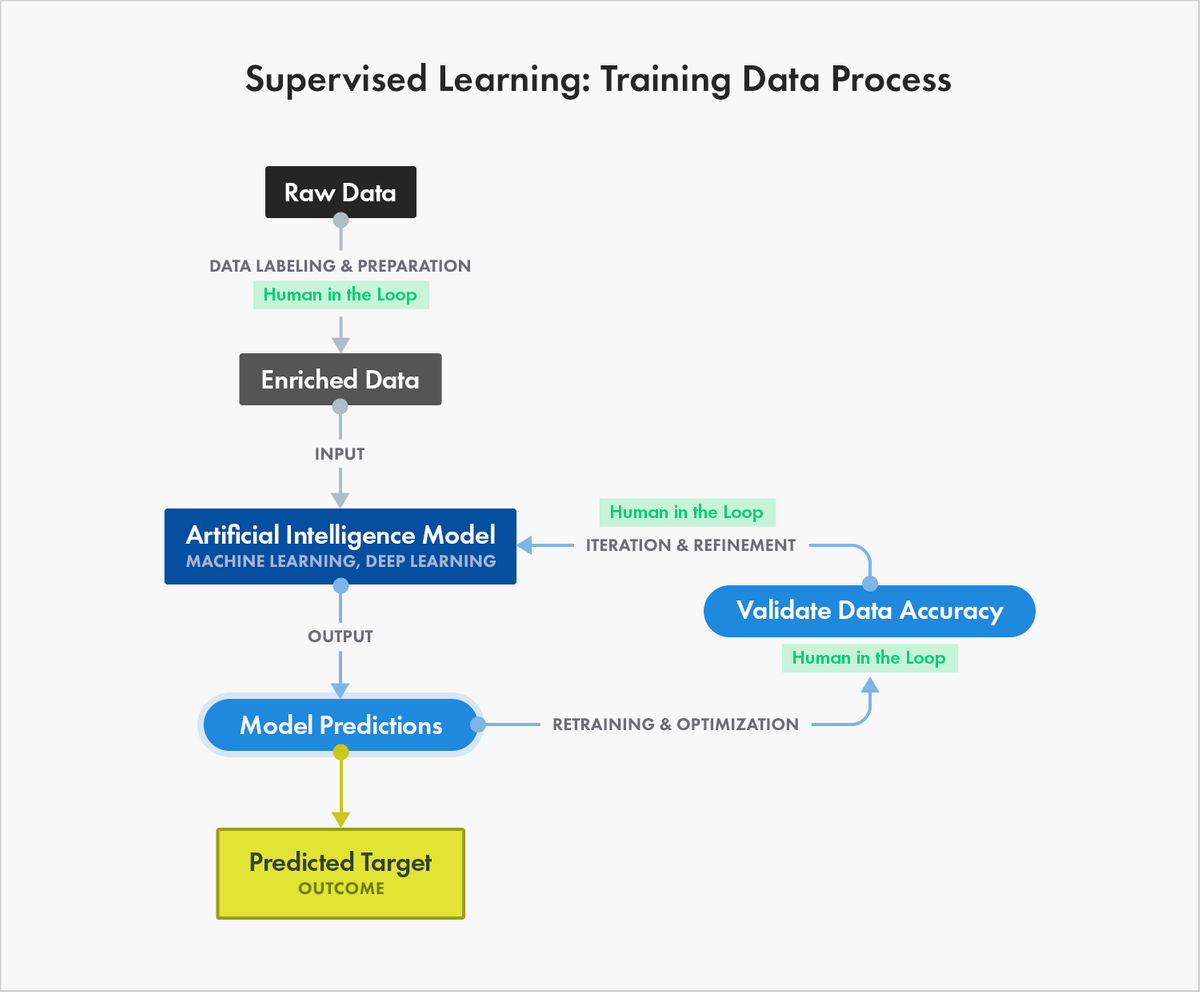
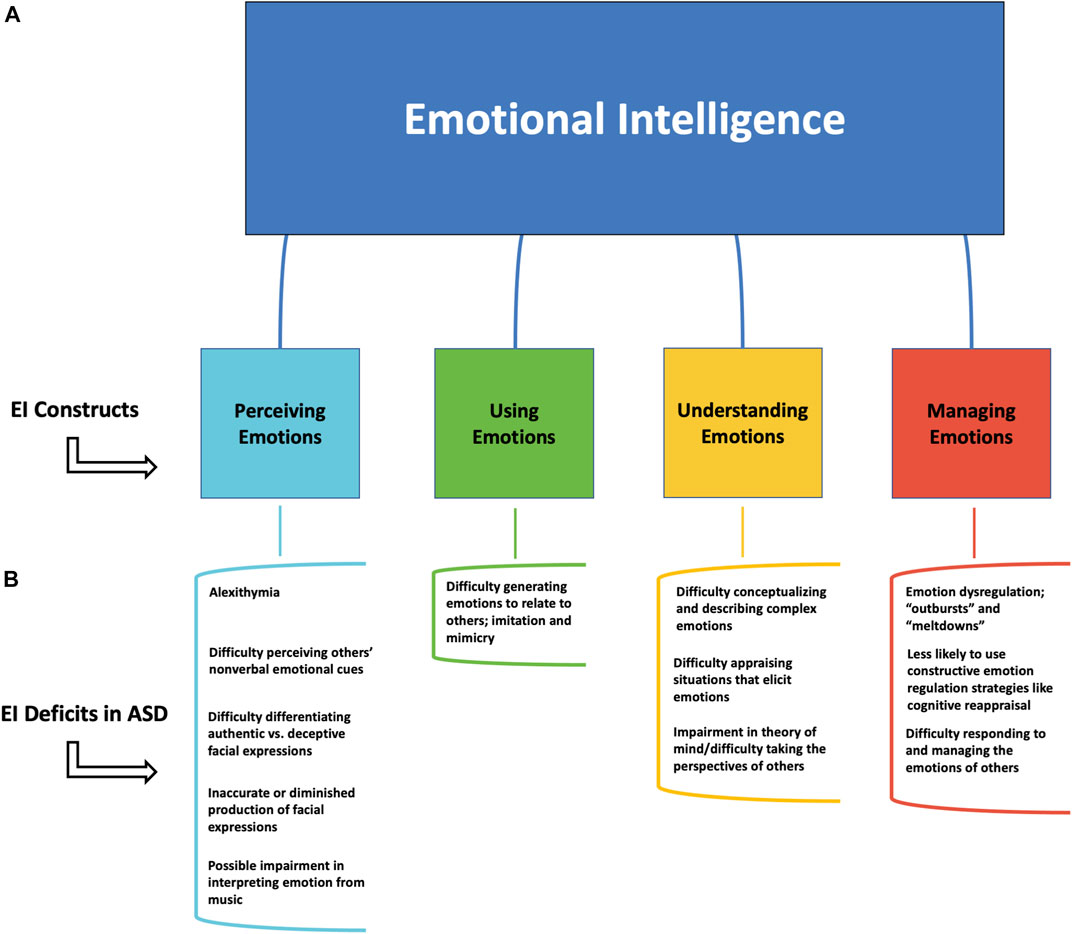


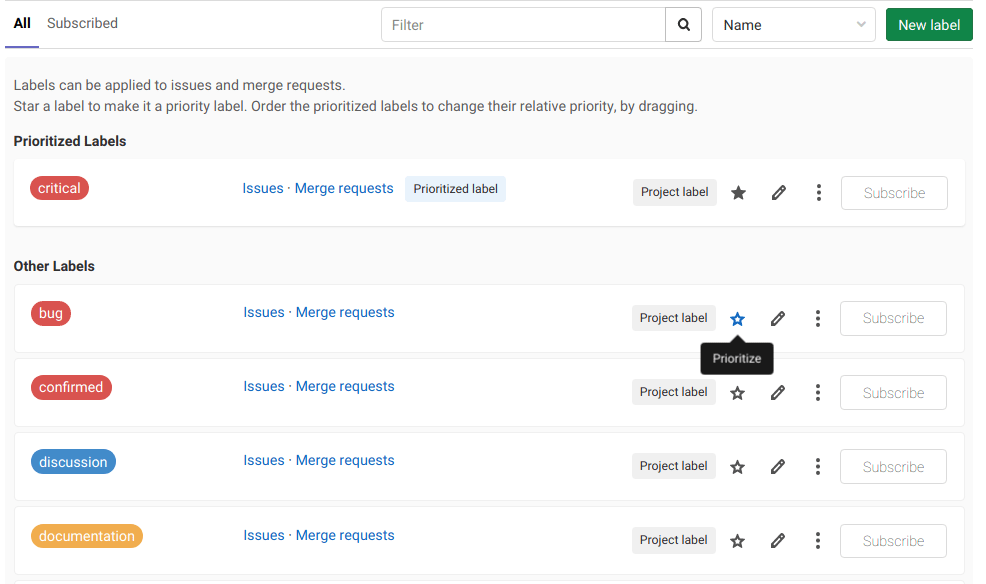

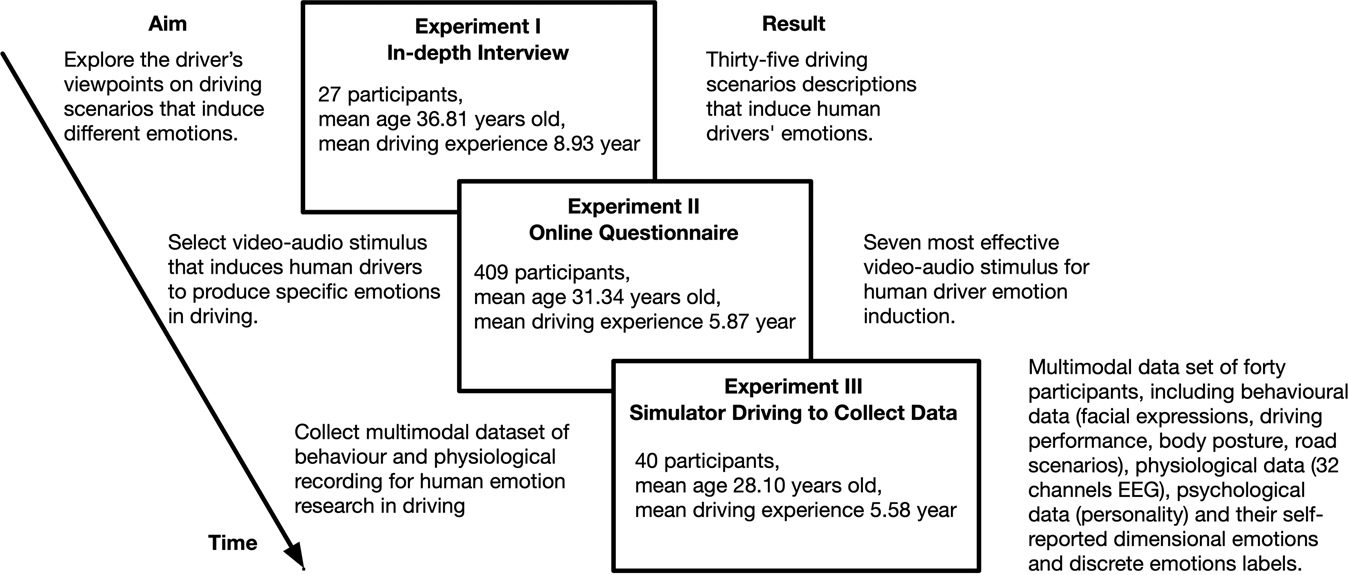


![What Is Data Labelling and How to Do It Efficiently [2022]](https://assets-global.website-files.com/5d7b77b063a9066d83e1209c/627d122ad4fd20872e814c81_60d9afbb7cc54becbcb087c5_AI%2520food.png)


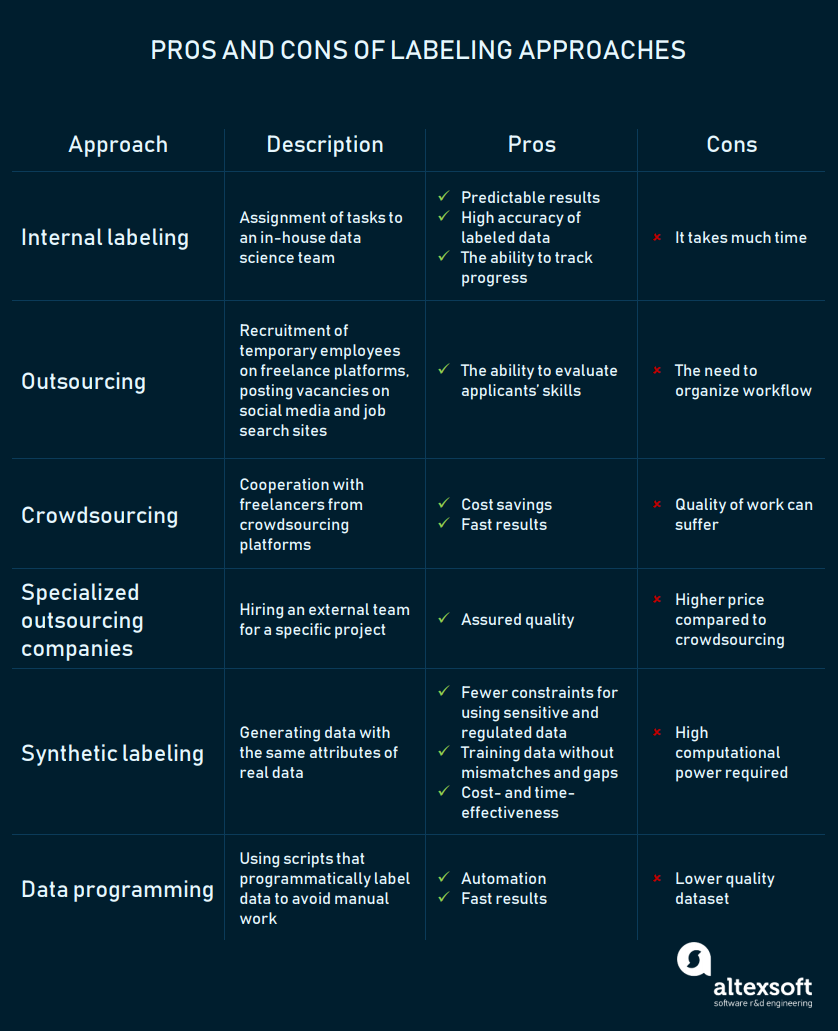






Post a Comment for "39 describe relevant labels related to intelligence testing"